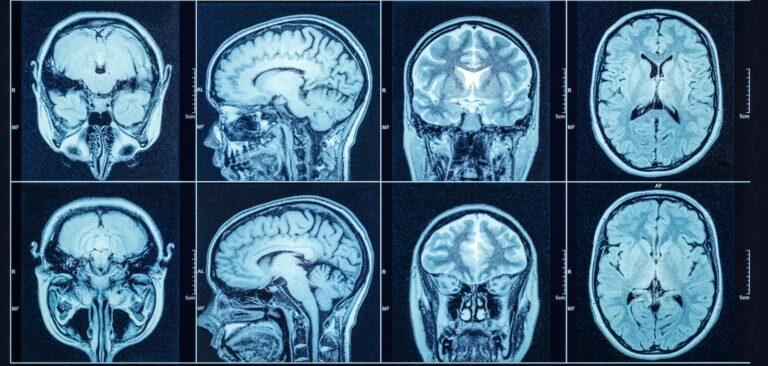Automated analysis of CT scans enables earlier detection of brain bleeds. Photo by Triff via Shutterstock.com
AI analysis of CT scans led to earlier detection of intracerebral hemorrhage, enabling physicians to begin therapeutic interventions quickly.
Machine-learning analysis of CT scans during admission to the emergency enables earlier detection of intracerebral hemorrhages and reduces mortality rate by over 30 percent, according to a study published in the International Journal of Emergency Medicine.
Intracerebral hemorrhage, commonly known as bleeding into the brain, is the second most common cause of strokes (15-30%) and the most deadly.
The research, conducted by Dr. David Orion, director of the Acute Stroke & Neuro-Endovascular Department of Sheba Medical Center in Israel, involved 587 patients and used Aidoc’s algorithm to analyze CT scans of their heads.
Aidoc, a company founded at Sheba’s ARC Innovation Center, develops AI solutions for clinical practice that used by more than 1,000 medical centers worldwide.
Results from the trial demonstrated that AI analysis of CT scans led to earlier detection of intracerebral hemorrhage, enabling physicians to begin administering therapeutic interventions quickly, thus saving lives.
“Intracerebral hemorrhages are one of the most critical medical conditions in emergency care, with early detection vital for preventing loss of life and further morbidities,” said Orion.
“This study shows the tremendous impact of AI to drive improved patient outcomes, helping to save lives and improve overall quality of life.”
The study also examined the impact of AI analysis and early treatment initiation on the degree of disability or dependence in the daily activities of patients with neurological disabilities. Patients in the AI cohort had a significantly lower degree of disability or dependence at discharge than did the control subjects.
